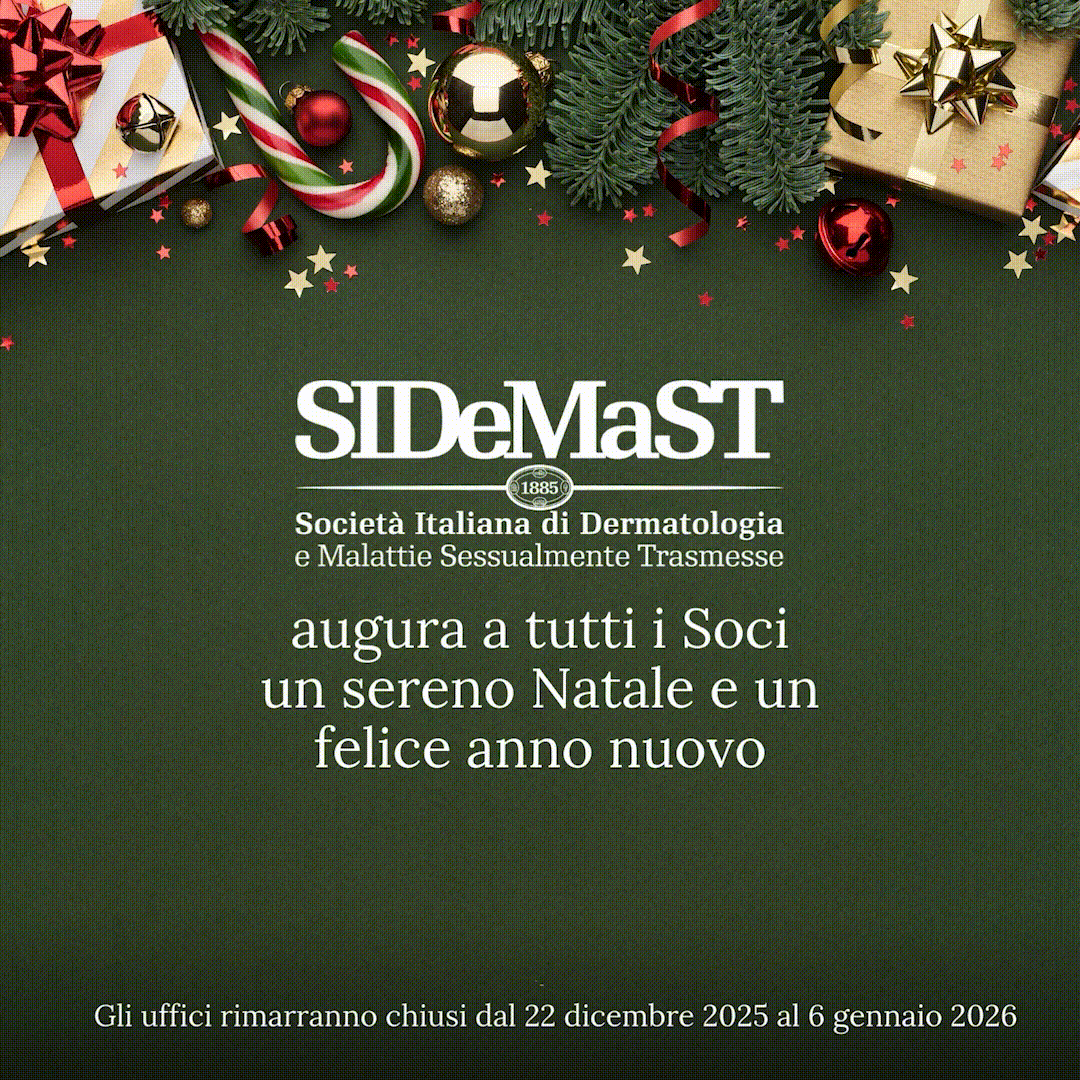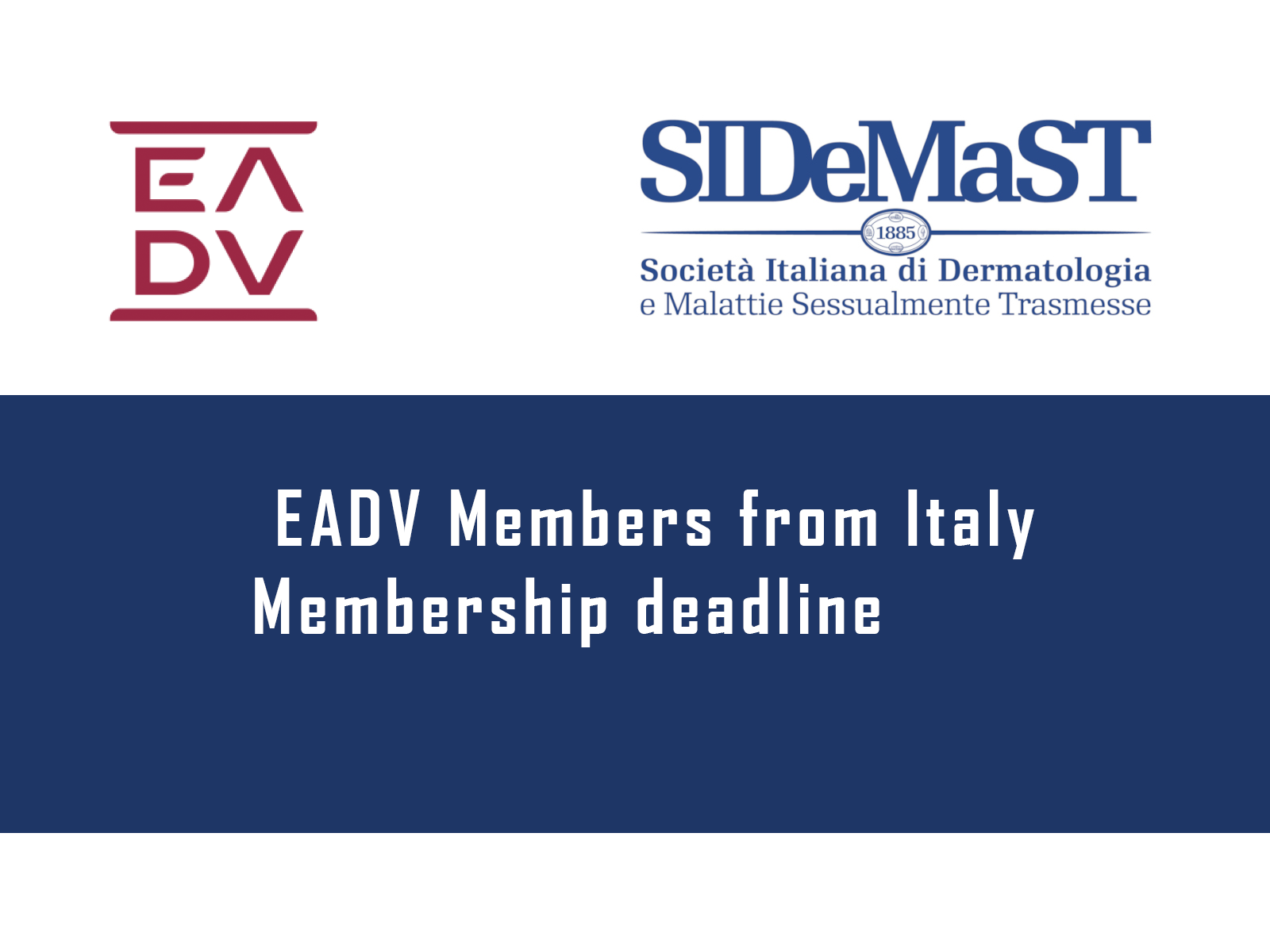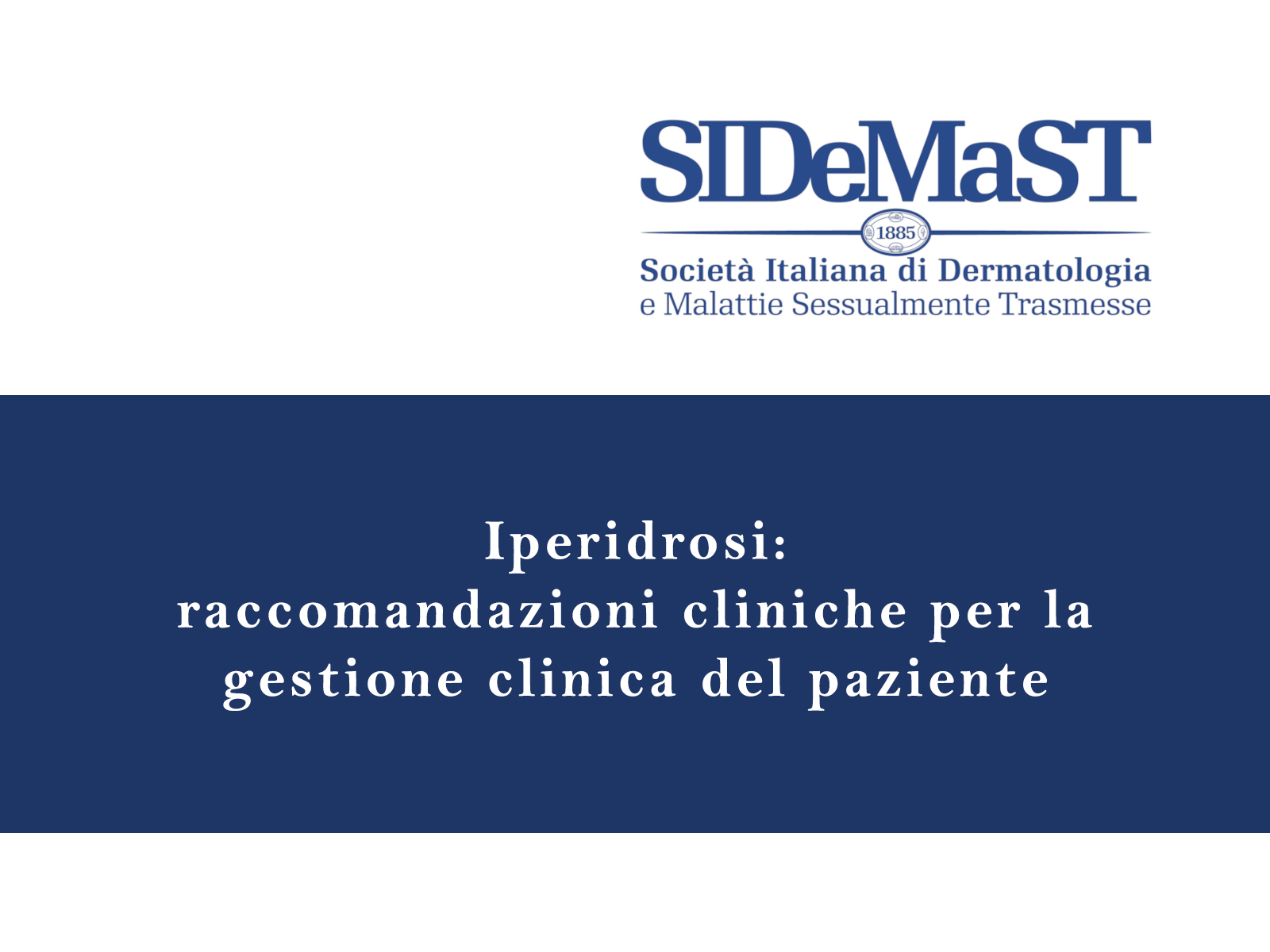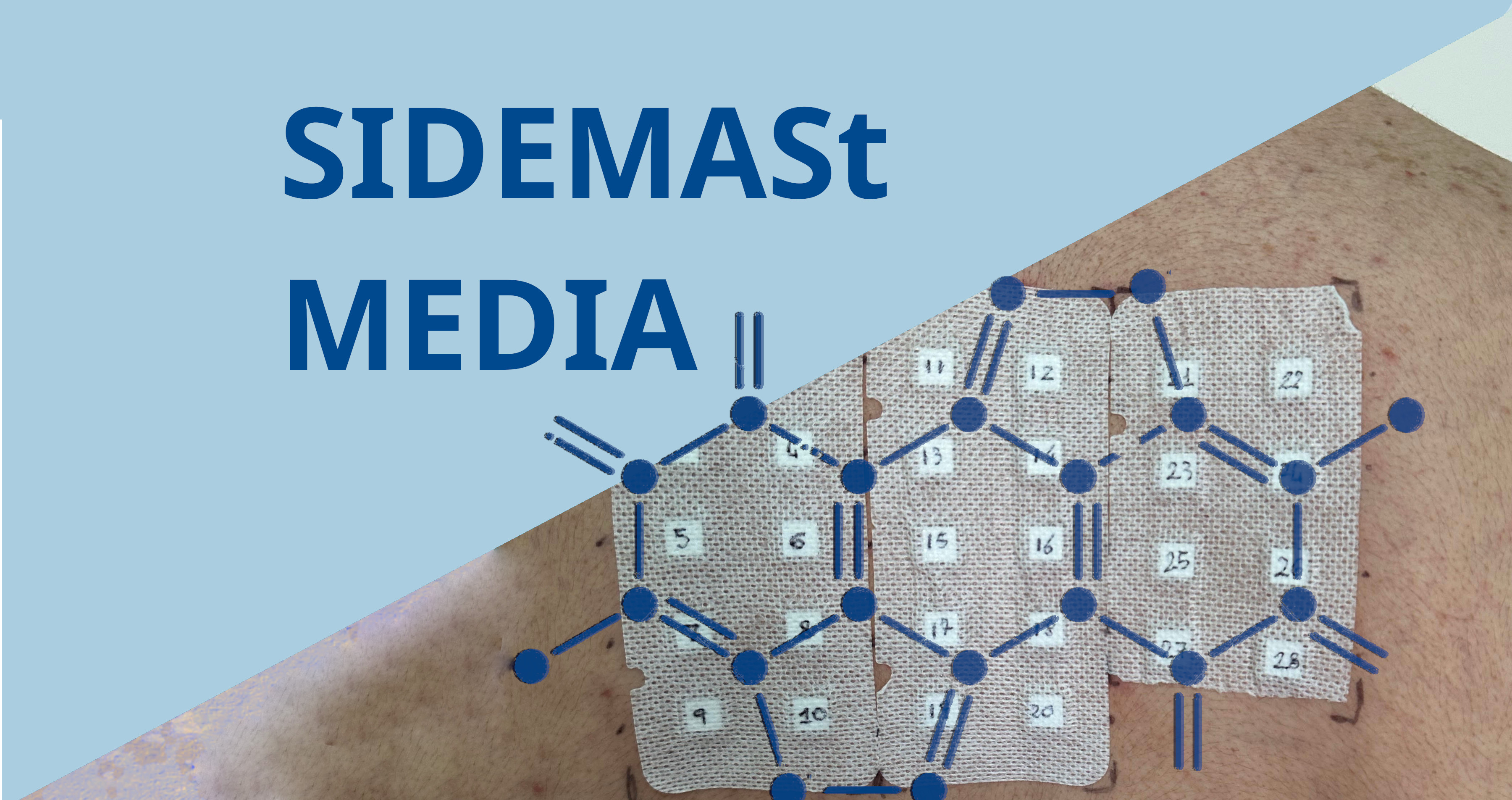The human anti-interleukin (IL)-17A monoclonal antibody secukinumab provides rapid-onset, significant improvements in the signs and symptoms of psoriatic arthritis, researchers stated at the 2014 Annual Scientific Meeting of the American College of Rheumatology/Association of Rheumatology Health Professionals (ACR/ARHP).
"Despite the successes of the last decade in advancing the treatment of psoriatic arthritis, particularly with tumour necrosis factor (TNF) inhibitors, we have much still to do in terms of reaching high hurdle responses and improving quality of life," said Iain B. McInnes, FRCP, PhD, University of Glasgow, Glasgow, United Kingdom, speaking here on November 19. "New medicines and modes of action will form one part of that future progress," he added.
According to the researchers, the phase 3 FUTURE 1 trial demonstrated efficacy of secukinumab in the treatment of both psoriasis with subcutaneous (SC) dosing, and psoriatic arthritis using an intravenous (IV) loading and SC maintenance-dose regimen.
The current study, FUTURE 2, was designed as the first double-blind, placebo-controlled phase 3 study to evaluate secukinumab SC loading and maintenance dosing in psoriatic arthritis. This included 397 adults with active psoriatic arthritis who were randomly assigned to receive SC secukinumab (300, 150, or 75 mg) or placebo at baseline, weeks 1, 2, 3, 4, and every 4 weeks thereafter.
The primary outcome was the American College of Rheumatology 20% (ACR20) response at Week 24.
At 24 weeks, the researchers found that ACR20 responses were significantly greater with secukinumab (300, 150, and 75 mg) compared with placebo (54.0%, 51.0%, and 29.3% vs 15.3%; P < 0.0001 for secukinumab 300 and 150 mg; P < 0.05 for 75 mg vs. PBO), and patients receiving secukinumab 300 and 150 mg experienced further improvements by week 3. These responses were also relatively rapid in the early phase of the study, added Dr. McInnes.
ACR50 responses also improved, particularly with the higher doses of secukinumab. A total of 35% of 300-mg recipients achieved ACR50 compared with 7.1% who received placebo (P < .01); and 35.0% of 150-mg recipients achieved ACR20 (P < .01). ACR70 response was also greater in the higher-dose recipients (300 mg: 20.0% vs 1.0%, P < .05; and 150 mg: 21.0% vs 1.0%, P < .05).
Additionally, both of the higher doses were efficacious in subgroups of patients who were anti-TNF-naïve and anti-TNF-inadequate responders (TNF-IR), although the 300-mg dose was associated with greater improvements in the anti-TNF-IR group.
The safety profile of secukinumab was also consistent with that previously reported in patients with psoriatic arthritis and psoriasis, with a similar incidence of adverse events (53.8% vs 58.2%), and serious AEs (3.3% vs 2.0%) at 16 weeks in the pooled secukinumab and placebo groups. There is no significant concern of neutropaenia in the study thus far, said Dr. McInnes.
"This is an exciting study that describes the beneficial effects of secukinumab in people with psoriatic arthritis," Dr. McInnes concluded. "As such, it represents a potentially new approach, which, if further studies go as we hope, will expand our treatment options for this devastating disease in the future."
[Presentation title: Secukinumab, a Human Anti-Interleukin-17A Monoclonal Antibody, Improves Active Psoriatic Arthritis: 24-Week Efficacy and Safety Data from a Phase 3 Randomized, Multicenter, Double-Blind, Placebo-Controlled Study Using Subcutaneous Dosing. Abstract L1]









